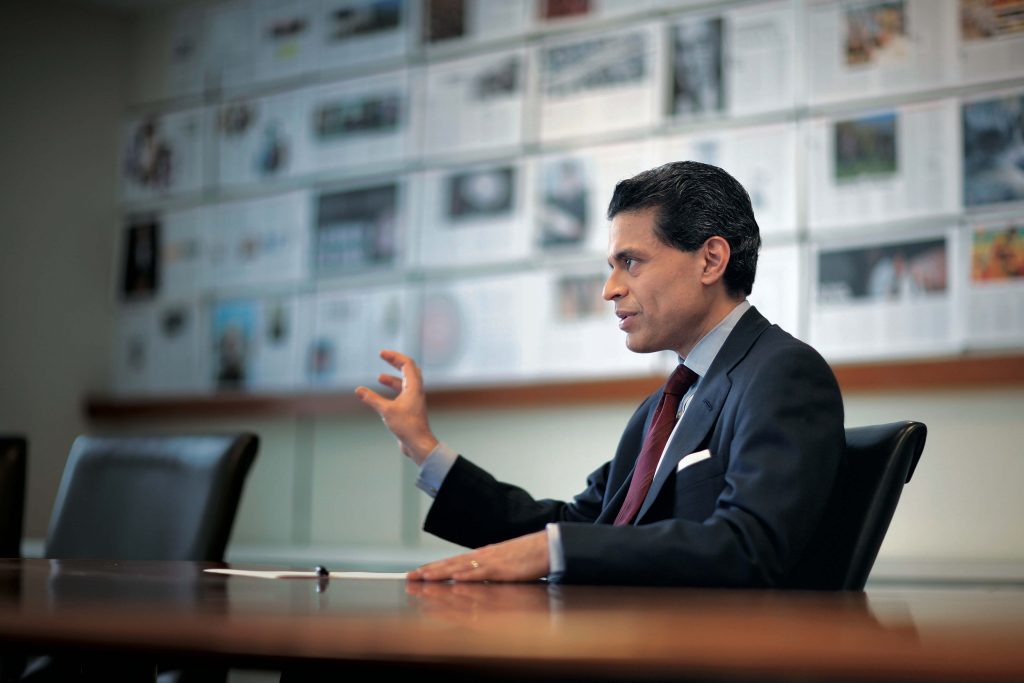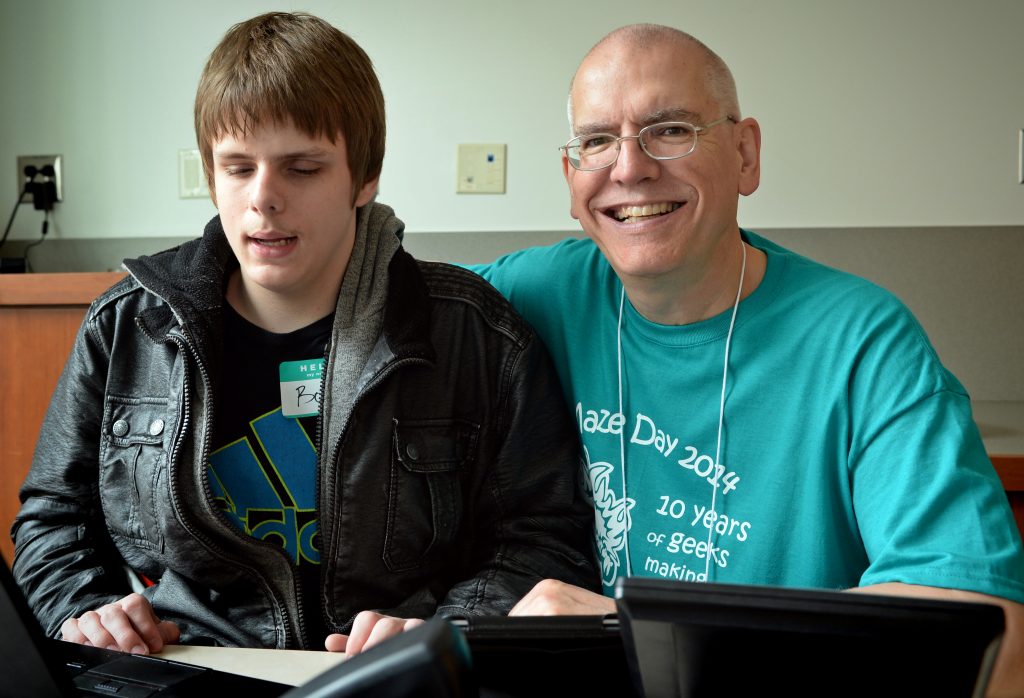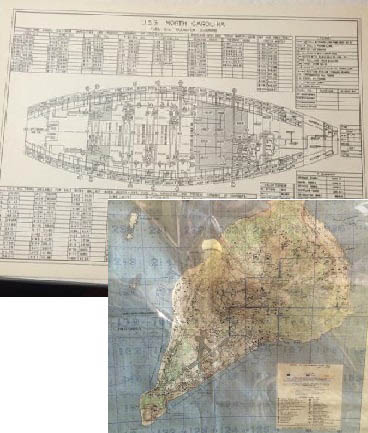
In the Dr. Seuss classic children’s book the Lorax, readers are treated to a fable of the diminutive Lorax creature who claims to “speak for the trees” as he lectures on the value of balancing environmental protection and economic growth.
UNC-Chapel Hill is home to a professor who is studying and researching trees to better understand climate and weather. Erika Wise is an expert in the field of dendrochronology — the scientific method of dating tree rings — which in some cases can date the time at which tree rings were formed to the exact year.
In one sense, Wise is “speaking for the trees” and using them to tell the story of past weather patterns and climate history from hundreds of years ago.
Wise, an assistant professor in the department of geography in the College of Arts and Sciences, always had a strong interest in climatology and after an introductory course on dendrochronology at the University of Arizona — home to one of the leading tree ring labs in the country — she was hooked on the field of study.
Much of Wise’s research takes place in the Rocky Mountain region and the Northwest part of the country as she uses data from tree rings to understand storm track patterns. This work is helping to develop historical weather maps from hundreds of years ago down to the detail of looking at seasonal information year by year. The data collected through this research can inform and establish major changes in long ago weather patterns and identify drought periods as a basis of comparison with current climatic conditions.
One of the most exciting aspects of the research is the citizen-science component of the work. Wise and her team have developed a volunteer network of teachers and students at schools to collect data on precipitation through the use of rain gauges. The data collected from these young citizen-scientists will be linked with data from soil moisture and tree-ring data Wise has collected to help understand climate and weather patterns, such as El Niño.
 In addition to her nationally significant research, Wise has established herself as a leader on Carolina’s campus.She is one of the leaders of the Carolina Climate Change Scientist faculty group, which is comprised of more than three dozen faculty members teaching classes on the topic and conducting climate related research. In discussing the formation of the group Wise said, “a number of faculty members recognized there were many professors on campus working on different aspects of climate change and there was a need for coordination and collaboration.”
In addition to her nationally significant research, Wise has established herself as a leader on Carolina’s campus.She is one of the leaders of the Carolina Climate Change Scientist faculty group, which is comprised of more than three dozen faculty members teaching classes on the topic and conducting climate related research. In discussing the formation of the group Wise said, “a number of faculty members recognized there were many professors on campus working on different aspects of climate change and there was a need for coordination and collaboration.”
Since its founding by a handful of faculty several years ago, the group continues to remain active by hosting seminars, coordinating research projects, and serving as an important convener to foster collaboration among faculty from a variety of disciplines across the university. Climate change research at Carolina is ongoing in a number of departments and schools, including marine sciences, geology, public policy, mathematics, the schools of Public Health, Law, and Business, and several more units across campus.
Th spring the Carolina Climate Change Scientist group hosted its 3rd annual UNC Climate Change Symposium to highlight the latest research and included a poster session featuring dozens of research projects from undergraduate and graduate students.
Wise works closely with a number of these students through her Climate and Tree Ring Environmental Science Research group. She cites the high level of knowledge and acumen, in addition to the enthusiasm, of students at Chapel Hill as one of her favorite parts of being a professor at Carolina.
At the end of the Lorax Dr. Seuss writes, “Unless someone like you cares a whole awful lot, nothing is going to get better. It’s not.”
Fortunately for Carolina, Wise cares passionately about her research and her engagement with students as she works to understand the critically complex history of climate change and share those findings with the world.
Story courtesy of UNC’s Institute for the Environment



